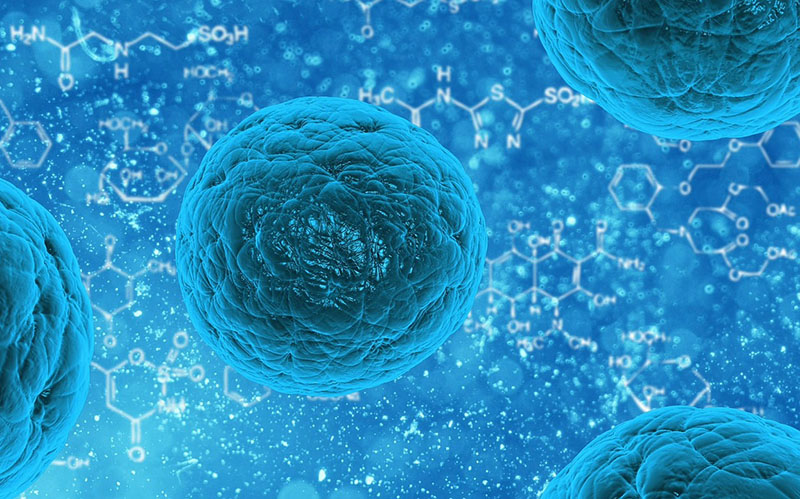The potential use of stem cells to treat disease, including diabetes, heart disease, dementia and cancer, and the possibilities for cell, tissue and organ repair are vast.
On 17 March, Dr Laura Phipps from Alzheimer’s Research UK will reveal how stem cells are being used to screen new treatments and discuss how scientists are seeking to understand what happens to a brain affected by dementia.
Says Dr Phipps: “Scientists in Cambridge are internationally renowned for their pioneering use of stem cells to tackle some of the big questions in dementia research. Researchers are able to take skin cells donated from people with Alzheimer’s disease and, using cutting-edge stem cell techniques developed by Nobel Prize winner, Professor Sir John Gurdon, transform them into nerve cells in a dish in the laboratory. These nerve cells develop key physiological features of Alzheimer’s in the dish, allowing scientists to study the disease in minute detail and screen potential new treatments.”
Dementia affects over 8,000 people in Cambridgeshire, but the region is also home to some of the world’s leading dementia researchers.
She adds: “This week’s event is a great chance to hear more about this initiative from dementia researchers using stem cells, as well as a range of other approaches, to combat dementia.”
:: Takes place 6pm, Biochemistry Lecture Theatre, Sanger Building, Tennis Court Road
More about stem cells at Cambridge Science Festival:
Tuesday 17 March – Too much information: how stem cells cope with information overload.
Wednesday 18 March – Blood and leukaemia stem cells: the root of all (evil).
Thursday 19 March – Stem cells: unravelling brain disease.

